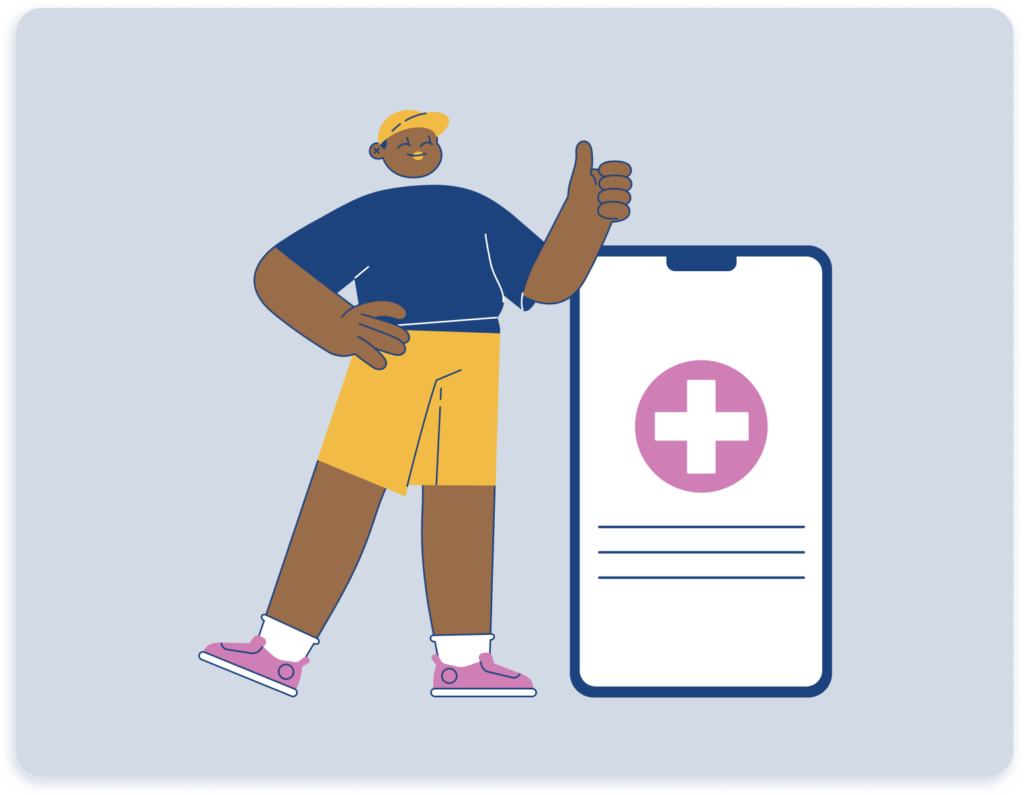Referral Management 101: Examining the Key Challenges & Solutions for Today’s Industry
Navigating healthcare referral management can be tricky, but with the right understanding and tools in place, it can be a much smoother process. In this blog, we dive into the common challenges with referral management and explore practical solutions for healthcare organizations to improve patient care and streamline operations.
What is Referral Management?
Before digging into the challenges and potential solutions for today’s referral management process, it’s important to be on the same page about what referral management is and why it’s so crucial for our healthcare system.
Referral management is the process of coordinating and managing patient referrals from primary care providers to specialists or other healthcare services, along with gaining payer approval for covered patients to see specialists that primary care providers recommend. This involves ensuring that patient, provider, and payer information is accurately submitted to payers for approval, accurately transferred to specialists, follow-up appointments are made, and seamless communication between providers and payers. Effective referral management ensures that patients receive the care they need promptly, improving outcomes and the overall efficiency of the healthcare system.
What Does a Typical Referral Management Process Look Like?
We cover this in more depth in another blog post (check it out here), but referral management processes typically involve several key steps:
- Initiation by a primary care provider
- Submission to payer for approval
- Processing by a specialist’s office
- Appointment scheduling
- Ongoing coordination of care between providers and patients
- Follow-up communication to ensure continuity of care
- Closure with comprehensive documentation in the patient’s medical record
As you can see, this process involves many moving parts and different touchpoints. Without an automated solution to help streamline it, it’s easy to feel bogged down, which brings us to the next point.
Key Challenges in Referral Management
At Valer, we have extensive knowledge in managing referral processes – both on the provider and technology vendor side. Throughout the years, we’ve heard several common complaints from healthcare organizations that don’t have any sort of automation in place. This includes:
- Administrative Overload: Referrals come with a lot of paperwork, which can be overwhelming. Ensuring all patient, provider, and payer information is accurate and up-to-date takes time and is prone to errors, causing delays in patient care.
- Communication Breakdowns: There’s often a gap between primary care providers and specialists. This can lead to incomplete information transfer, resulting in redundant tests, misdiagnoses, and delayed treatments. Effective referral management requires a system that supports secure, real-time communication.
- Patient Follow-Up Issues: Patients sometimes miss or skip their specialist appointments due to confusion, forgetfulness, or logistical challenges. This can negatively impact their care and the efficiency of the healthcare system.
- Insurance and Authorization Delays: Dealing with insurance and both referral authorizations and prior authorizations for treatments, procedures, medications, and equipment can be time-consuming (we understand that more than most!). Providers frequently encounter delays in obtaining approvals, which can postpone necessary treatments, causing frustration for both patients and providers.
- Data Integration Problems: Many healthcare organizations use different systems for managing patient data. The lack of integration between these systems can lead to incomplete patient records and hinder the referral process. A cohesive approach to data management is essential.
Referral Management Best Practices
The good news is that there are solutions that can be implemented to make a referral management process less, well, painful. Automated referral management solutions like Valer can streamline administrative tasks like prior authorization and referral processing, reducing errors and expediting the process.
Valer’s automation facilitates real-time information exchange among providers, enhancing coordination and accuracy. It also streamlines insurance processes, mitigating delays and frustrations for both providers and patients. Lastly, our interoperability among healthcare systems and integration of patient data across platforms provides a comprehensive view of medical history, reducing the risk of incomplete information.
Healthcare organizations can also utilize Valer’s analytics and reporting tools to monitor and improve referral management processes by identifying bottlenecks and efficiencies. These data-driven decisions lead to better patient care and resource utilization.
Outside of automation solutions, consider patient engagement strategies, including automated reminders and educational resources, which can improve referral follow-through and enhance patient compliance.
Better Referral Management Means Better Care Delivery
Ultimately, effective referral management is key to delivering high-quality patient care and ensuring operational efficiency across healthcare organizations. Streamlined referral management processes accomplish five things:
- Improve patient care by ensuring timely and appropriate specialist care
- Facilitate efficient information exchange between providers and payers
- Reduce administrative burden by automating and streamlining paperwork
- Increase patient compliance and help them understand (and keep) their referral appointments
- Boost efficiency by minimizing delays in treatment due to authorization and insurance issues
By understanding the key challenges and implementing automated solutions, healthcare professionals can streamline the referral management process, reduce administrative burdens, and enhance patient outcomes. If you walk away from this with one thing, it should be that your organization doesn’t have to muscle through common challenges and inefficiencies. There are solutions available for your specific care setting, like Valer.
If you’re ready to leave manual referrals behind and see how Valer can streamline your process, enhance care coordination, and provide real-time insights, contact us today.




